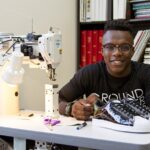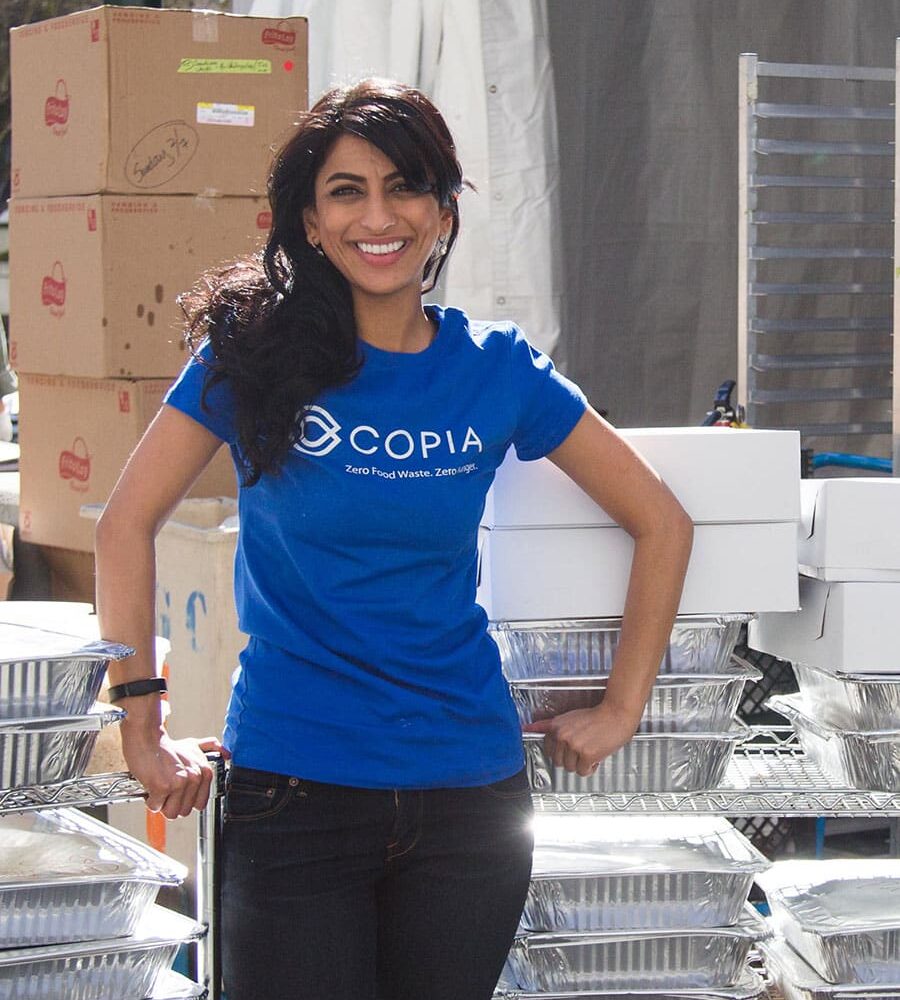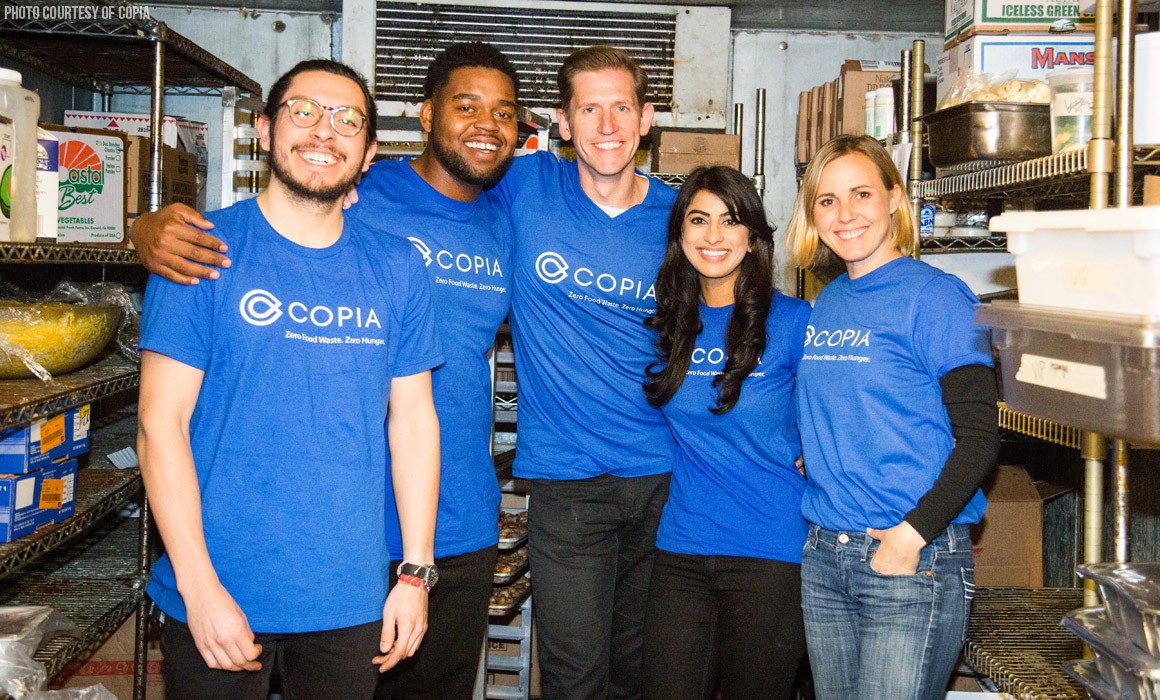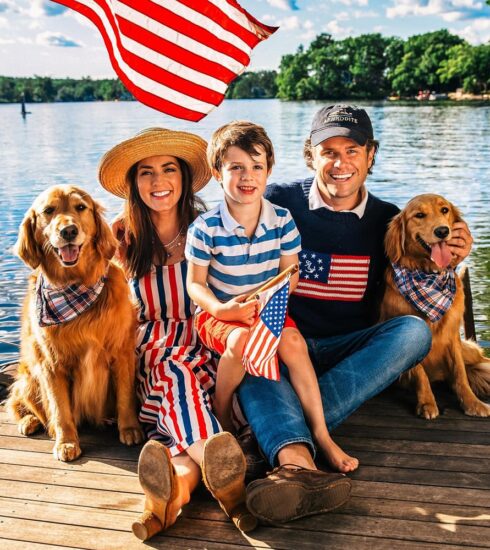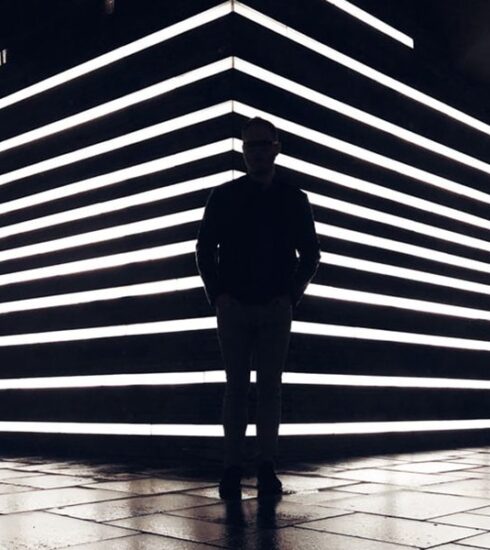Komal Ahmad Works to End World Hunger With Copia
Every day, 795 million people in the world suffer from starvation as 365 million pounds of edible food are thrown out. The amount of daily food waste is enough to fill the largest football stadium, making the redistribution of resources a vital need to our societal wellbeing. Komal Ahmad is one woman taking it upon herself to eradicate world hunger through her resource recovery brand, Copia.
Named the 2016 Toyota “Mother of Invention,” Komal has been actively working to feed hundreds of thousands of people in the San Francisco Bay area via Copia, an on-demand food recover logistics app. The app currently enables food providers of all types to notify Copia drivers when excess food becomes available for pick up. The drivers are then directed to deliver the food to specific organizations in need.
Since launching the program in 2012, the company has recovered over 830k pounds of food and has fed over 691k people in the process. MiLLENNiAL caught up with Komal to learn how she went from being a pre-med student at UC Berkeley to leading the fight to end starvation.
Komal Ahmad: From Pakistan to Vegas to Berkeley
Born in Lahore, Pakistan, Komal’s parents decided to move the family to Las Vegas when she was very young. Her mother studied to become a nurse and quickly increased the family’s income. Komal tells us, “I grew up in a place that banned homelessness. So I never saw malnourishment.” She later attended UC Berkeley where she encountered poverty and starvation for the first time.
“I’ve always wanted to serve my country.”
Komal was interested in becoming a naval doctor and was apart of ROTC in college. “I always wanted to serve my country.” She didn’t realize then that “serving” her country would later become food related. With hands-on training from the ROTC program, Komal spent her summers in third world villages providing locals with quality medical treatment.
However, she explains there was a repetitive cycle whereby the community’s daily routines kept contributing to their illnesses. Working from a reactive instead of a preventative state, Komal says, “I realized I wasn’t curing them. I was treating them.”
She returned to UC Berkeley to study international health and development along with global poverty and practice, unaware of how soon her life would change and how applicable her major would become to her future business venture.
The Man that Sparked A Food Revolution
It was 2011, when Komal Ahmad, a senior in college at the time, walked past a young man on the street begging for food. Something about this particular man made her stop and invite him to lunch. “I remember he had just gotten his food before me and when I looked across he was just inhaling it.” Regaining his humanity with every bite, Komal says he began to open up and share his story.
“He said ‘I just came back from my second tour in Iraq, I’ve been waiting weeks for my benefits to kick in. I don’t have any money, I don’t have family, and I haven’t eaten in three days.’” With hopes of becoming a Naval doctor, Komal was struck by his story and in that moment, saw herself in him. She thought, “this could happen to me.”
At the same time, a few feet away, the Dining Hall was throwing away pounds of gourmet food. Witnessing the irony of feeding a starving homeless man while the school Dining Hall threw away perfectly edible food, Komal knew she was meant to do something about the situation.
When confronted, the Dining Hall manager said they were throwing away food to avoid liability issues and there was nothing she could do to help…a trigger that kick started a challenge. Komal immediately took action and began to research what could be done to protect all parties.
Within a few days, she discovered the Bill Emerson Good Samaritan Act, a bill passed in 1996 that limits the liability of food donors to instances of gross negligence or intentional misconduct. She took the document to the Dining Hall manager and convinced him the Act would serve as legal protection for any donations the school made to her. “Within seven minutes he agreed to it.”
All It Took was a Day of Frustration
One day soon after getting the Dining Hall to agree to donations, Komal received a phone call in class. The manager had 500 sandwiches to donate. This was the moment she was waiting for! With excitement fueling her passion to help redistribute the food, she immediately grabbed her belongings and ran out to pick up the goods.
“It shouldn’t be that hard to help people.”
500 sandwiches and a Zipcar later, Komal found herself on the side of the road, frustrated after only being able to offload 15 sandwiches. Knowing “it shouldn’t be that hard to help people,” she extended her rental reservations in order to push the sandwiches.
Then the light bulb moment she was waiting for: what if there was an app that could pair donors that had food with recipients that needed food? And thus, Copia was born.
Copia as a saving grace
In the United States, food waste is estimated to be between 30-40 percent of the food supply. Food waste, which is the single largest component going into municipal landfills, quickly generates methane, helping to make landfills the third largest source of methane in the United States.
While Copia is successfully transferring donations, they need more people that want to participate and provide their needs and schedules. The team will then integrate each company into the Copia system. Komal adds with honesty, the goal is to “hone our logistics and match the supply and demand.”
Most of the food comes from corporate luncheons or big events, where tons of gourmet food ends up not being eaten. Copia has picked up everything from pulled pork to filet mignon. “It’s never popcorn and corndogs, it is always the highest end food,” she says.
But in order for Copia to really take flight, they need more donors from the Bay area. “We need to push San Franciscans and Silicon Valley-ans to request regular pick ups.” The amount of people who choose to participate in Copia’s efforts will be telling of how committed this country is to reducing, recovering, and recycling food waste.
“We are building both sides of this market. We have to build the supply.” Komal explains her challenge is finding catering companies to donate food and matching them with food banks that can handle the influx of goods. And everything has to move within the hour! “These things just take time,” she says.
The Good, the Bad, and the Ugly of Entrepreneurship
Trying to run a business is no easy feat. Add on-demand food recovery into the mix and you are asking for sleepless nights. With so many things to accomplish in so little time, Komal is tasked at precisely prioritizing her steps.
She explains her thought process, “As an entrepreneur, there are a million things being thrown at you, but the hardest part is figuring out what is most important and focusing in on that, and that changes daily.”
Taking us through the evolution of her priority list, she say, “First it was getting through the technology, now the technology is done. Then it was getting through the legal stuff, and that’s done. Now it’s the donors.”
She quickly turns her attention back to her reasoning for the work, emphasizing that the best part of her day is when she drops off food to recipient organizations who are so grateful. “Sometimes they say if I hadn’t come, 80 people or sometimes 200 people, wouldn’t have eaten that day. And that makes me happy and nauseous and devastated and hopeful. Just so many mixed emotions.”
Copia’s model can be applied to everything. As Komal points out, “We could use this with furniture, clothing, books, medicine, there are just so many different resources, and we just happen to be working with perishable items.” She insists that when they “figure out logistics for food” they will figure out everything else.
To become a donor, recipient, or to learn how to bring Copia to your city, visit GoCopia.com and get in touch with Komal Ahmad.



